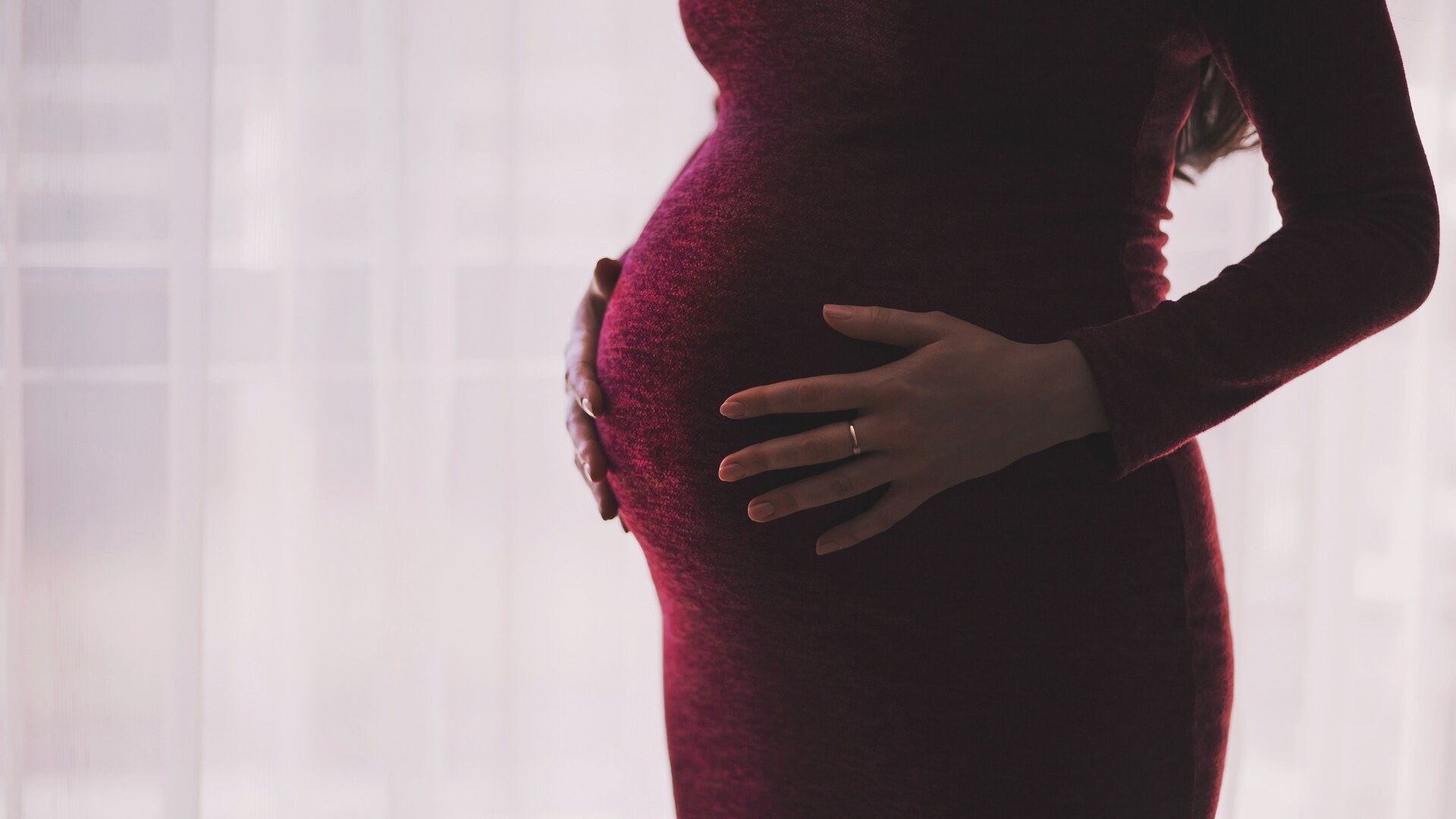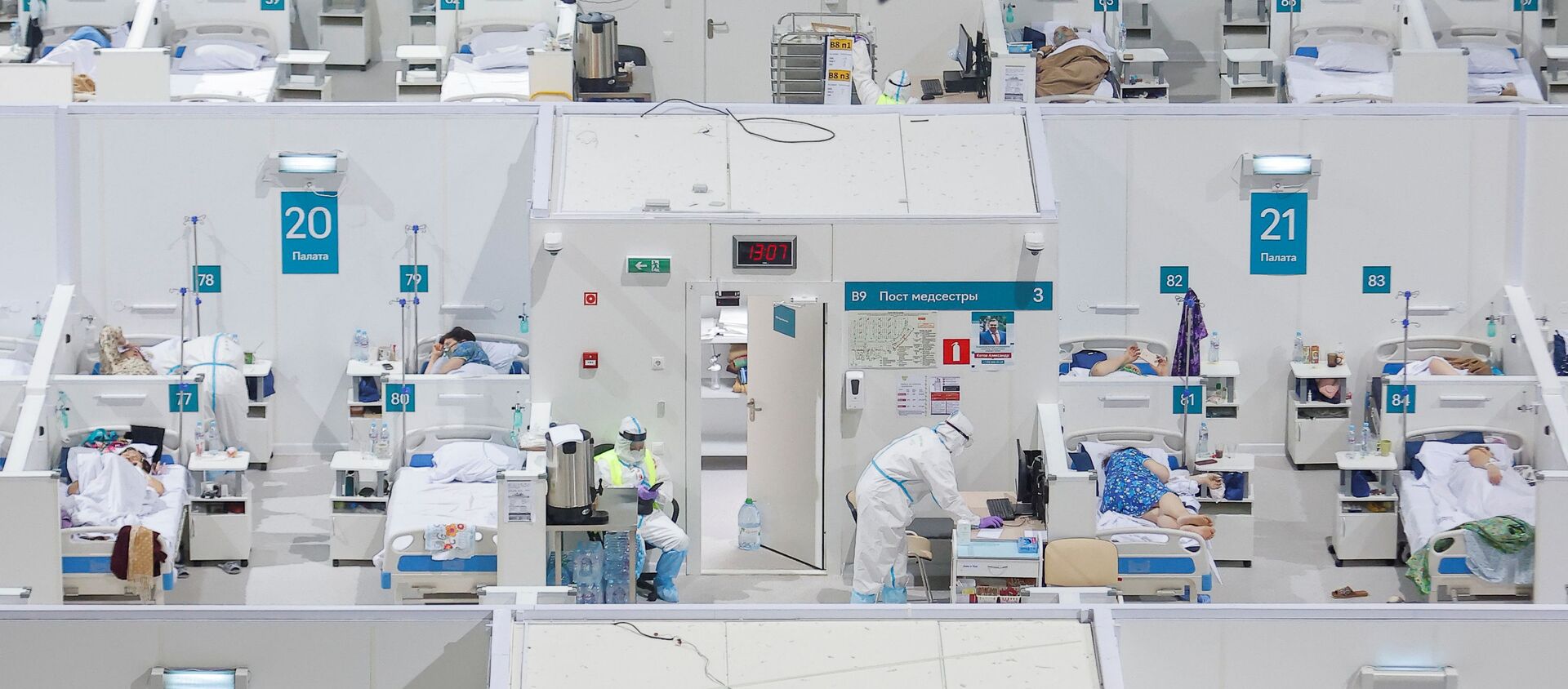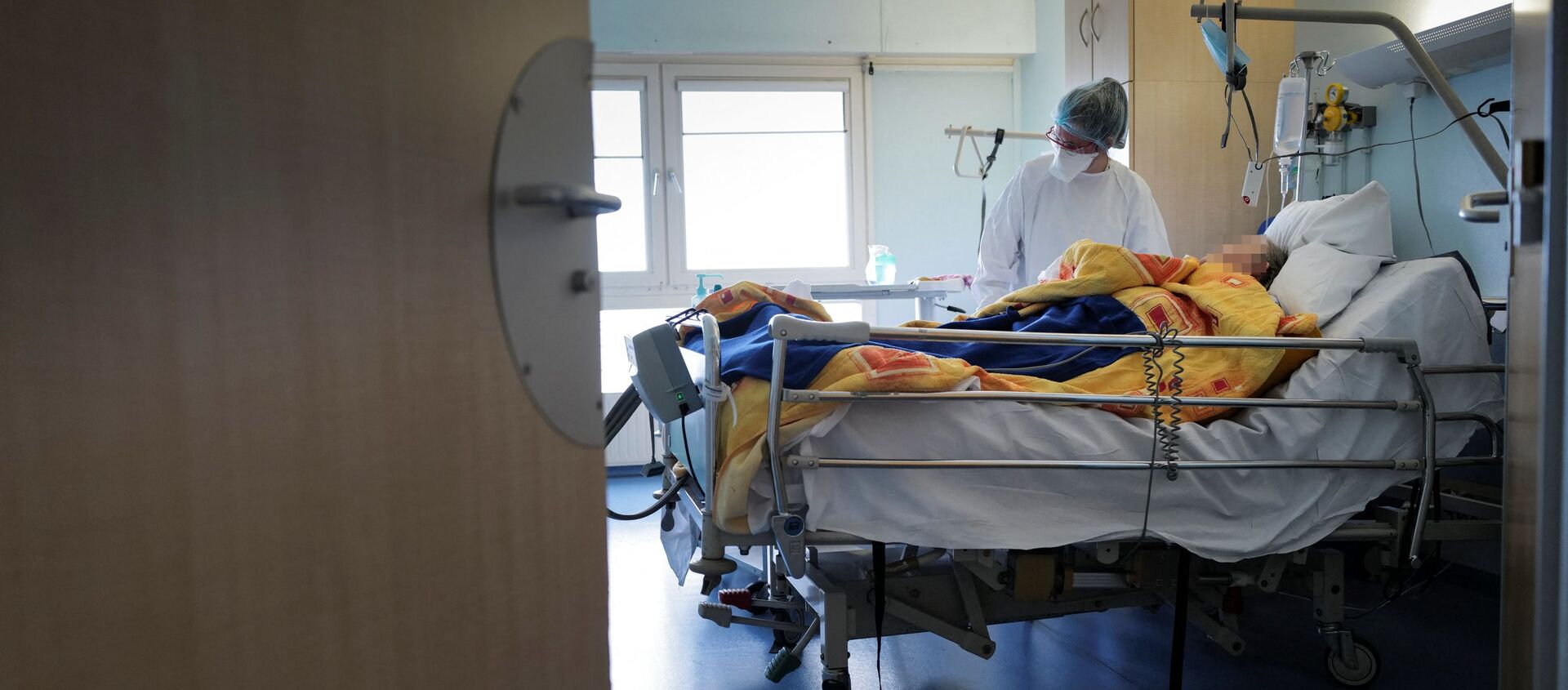Looking at how COVID has changed the way women give birth, Sputnik spoke to Alison Edwards, a Visiting Lecturer in Midwifery at Birmingham City University.
Sputnik: How has COVID changed childbirth for mothers, midwives and family members?
Sputnik: Amid lockdowns and the COVID pandemic more broadly, we've been seeing a greater number of home births. Can we expect this trend to continue? Can we essentially expect a greater shift towards home births in the future?
Alison Edwards: I think it's a double-edged sword really because there is a drive to increase the number of home births. Currently in the UK, it's about 2 to 3%, which isn't very high considering there’s about 700,000 to 800,000 births per year but also we've got to make sure that women are safe, but what we've noticed is that women are staying at home more or discussing the potential to have a home birth because they can have their partner there, or family there even, during the process.
Sputnik: What impact have these changes had on mothers going through childbirth during lockdown?
Alison Edwards: They're more frightened perhaps about the outcome, they don't necessarily want to go into hospital because of the fear of catching COVID. We don't know as much about how pregnancy is affected by COVID, we do know that unfortunately pregnant women have lost their lives to COVID and babies have survived by being delivered, but we don't necessarily know as yet how much the foetus is affected or the baby is affected.
Sputnik: At the beginning of the pandemic many experts were making predictions of a baby boom across the US, across the UK, and much of a world. Despite those predictions of a baby boom earlier on in the pandemic the opposite has occurred in the US the birth rate declining by 7.2% in December's 2020 figures. Can we expect Britain's birth rate to do the same? Is it going to increase going forward post COVID?
Alison Edwards: Again, people didn't have an awful lot to do so we may actually see an increase in babies in the pending month. You naturally see an increase anyway in September because of Christmas and New Year, and some of my colleagues have mentioned that they've seen more pregnancies from lockdown, arising from lockdown, but again people may be doing the social distancing and not engaging with their partners as much if they live apart, for example, because they can't meet people, so it's a difficult one to answer to be honest.



